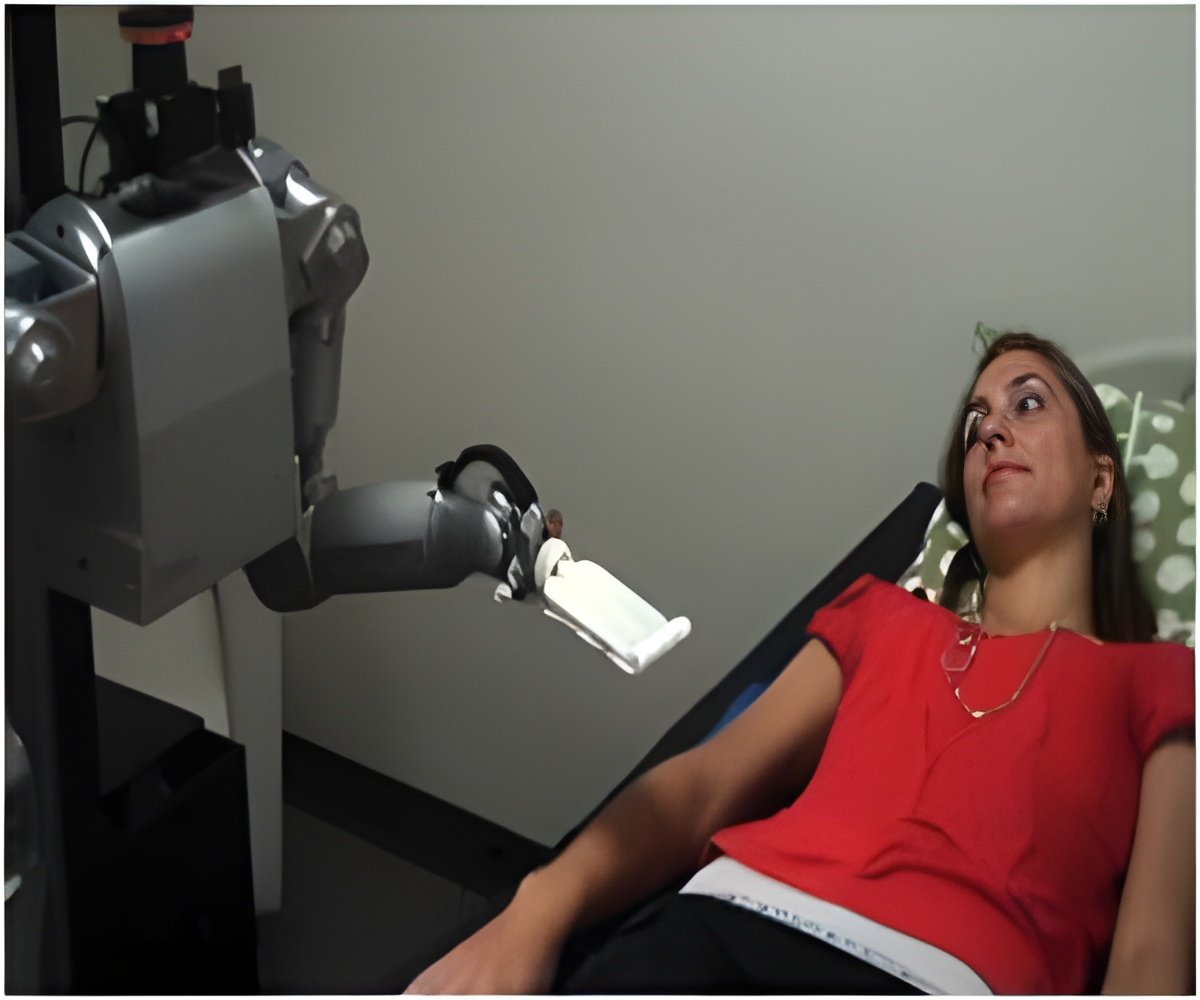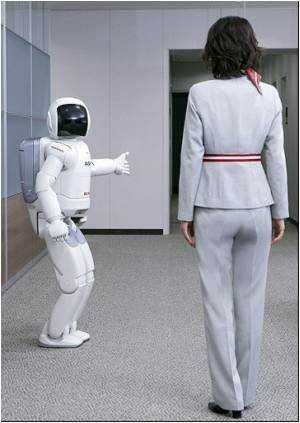How do people react when touched by a robot.In a research work a positive response was seen toward the touch of a robotic nurse, but people's perception made a significant difference.

In the study, researchers looked at how people responded when a robotic nurse, known as Cody, touched and wiped a person's forearm. Although Cody touched the subjects in exactly the same way, they reacted more positively when they believed Cody intended to clean their arm versus when they believed Cody intended to comfort them. These results echo similar studies done with nurses.
Advertisement
In addition, Kemp and his research team tested whether people responded more favorably when the robot verbally indicated that it was about to touch them versus touching them without saying anything.
The results suggest that people preferred when the robot did not actually give them the warning, said Tiffany Chen, doctoral student at Georgia Tech. We think this might be because they were startled when the robot started speaking, but the results are generally inconclusive.
Since many useful tasks require that a robot touch a person, the team believes that future research should investigate ways to make robot touch more acceptable to people, especially in healthcare. Many important healthcare tasks, such as wound dressing and assisting with hygiene, would require a robotic nurse to touch the patient's body,
Advertisement
In addition to Kemp and Chen, the research group consists of Andrea Thomaz, assistant professor in Georgia Tech's College of Computing, and postdoctoral fellow Chih-Hung Aaron King.
Advertisement









